Zero sugar beverages are common in wellness routines, but the term can be confusing.
This guide clarifies definitions, ingredient choices, and how sweetness is created without adding sugar — so you can choose what fits your goals with confidence.
Our aim is simple: outline how zero sugar drinks, like those from Verse, support wellness through clear labeling and smart formulation.
We’ll focus on what these products contain and how they’re built — from label language to sweetener science — so you know exactly what’s in your bottle.
In the United States, “zero sugar” and “sugar-free” both mean a product contains less than 0.5 grams of total sugars per labeled serving. “No added sugar” means no sugars were added during processing, though naturally occurring sugars (from fruit or milk) may still be present. “Unsweetened” means no sugars and no sweeteners were added at all.
Sugar values on the Nutrition Facts panel are listed per serving, so very small amounts can round down to zero. That’s why some products labeled “zero sugar” might still contain trace amounts.
Sweet taste without sugar? Formulators use high-intensity sweeteners that activate sweet taste receptors at very low levels, low-calorie rare sugars, and flavor architecture (acids, aromas, and taste modulators) to enhance perceived sweetness. This is exactly how Verse achieves a clean, refreshing profile while staying true to its zero sugar promise.

Stevia refers to steviol glycosides extracted from the Stevia rebaudiana plant. They’re many times sweeter than sugar, contribute negligible calories at typical use levels, and generally do not raise blood glucose in most people.
Monk fruit (luo han guo) provides sweetness through mogrosides — high-intensity, low-calorie compounds used in tiny amounts. Monk fruit extracts typically do not cause the blood glucose spikes seen with regular sugar.
Allulose is a rare sugar with about 0.2–0.4 calories per gram. It’s absorbed but largely not metabolized for energy, so it has minimal impact on blood glucose and insulin. Some individuals may experience stomach discomfort at higher intakes.
Aspartame is ~200× sweeter than sugar, composed of two amino acids. It’s widely approved with an established acceptable daily intake, isn’t heat-stable, and can have a slower sweetness onset.
Sucralose is ~600× sweeter than sugar, heat-stable, and often described as sugar-like. It’s approved by major regulators; at higher concentrations some perceive a slight aftertaste, so it’s frequently blended.
Acesulfame potassium (Ace-K) is ~200× sweeter than sugar and heat-stable. On its own it can taste slightly bitter, so it’s commonly paired with other sweeteners for balance.
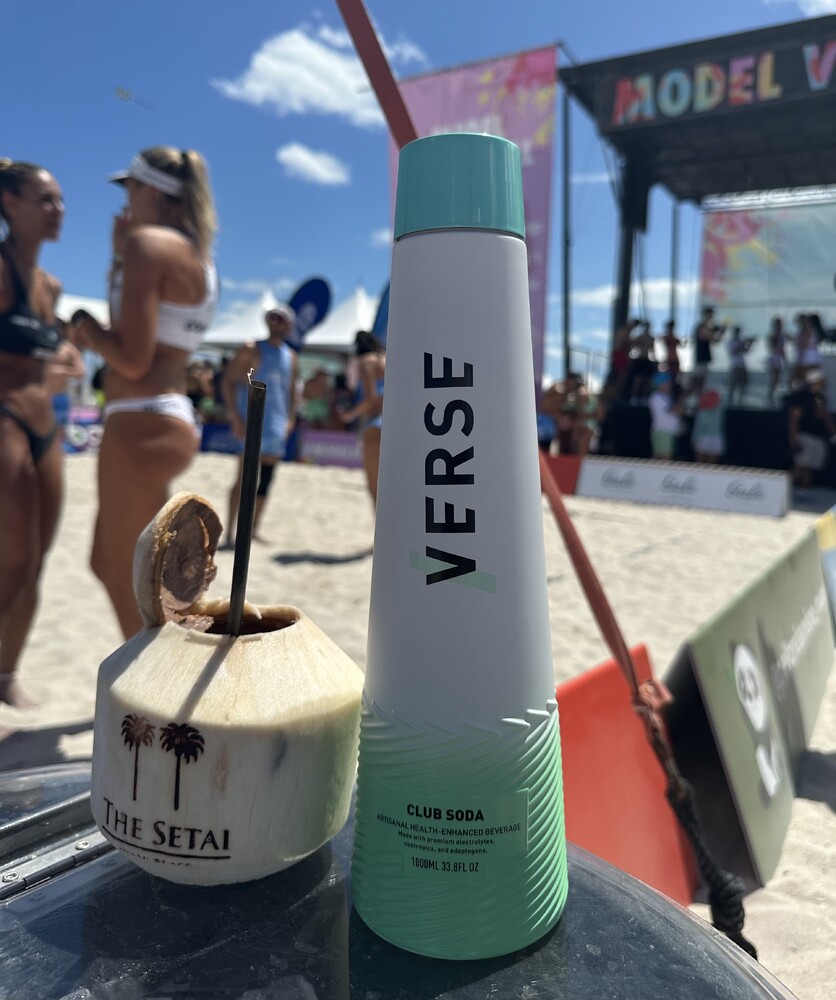
The upside appears when a zero-calorie drink replaces a sugar-sweetened beverage — not when it’s added on top of usual intake. That substitution is linked with lower calorie intake and improvements in key metabolic and oral-health markers. Choosing Verse over a traditional soda or sweetened drink is one simple swap with measurable benefits.
A typical 12-oz sugar-sweetened soda provides ~140–170 calories from added sugar. Swapping one per day for a zero sugar option reduces weekly intake by roughly 980–1,190 calories — supporting weight management without changing portion size or flavor profile.
Sugar-sweetened drinks drive rapid rises in glucose and insulin. Zero sugar drinks do not add glucose and generally do not raise blood sugar, helping avoid post-drink energy dips.
Oral bacteria ferment sugars into acids that damage enamel and increase cavity risk; removing liquid sugar reduces acid production. Lower added sugar intake is also linked with less systemic inflammation and fewer effects on collagen that can influence skin clarity.
High added sugar intake is associated with higher blood pressure, elevated triglycerides, and lower HDL. Replacing sugary beverages with zero sugar options reduces added-sugar exposure and aligns with favorable shifts in these markers as part of a balanced diet.
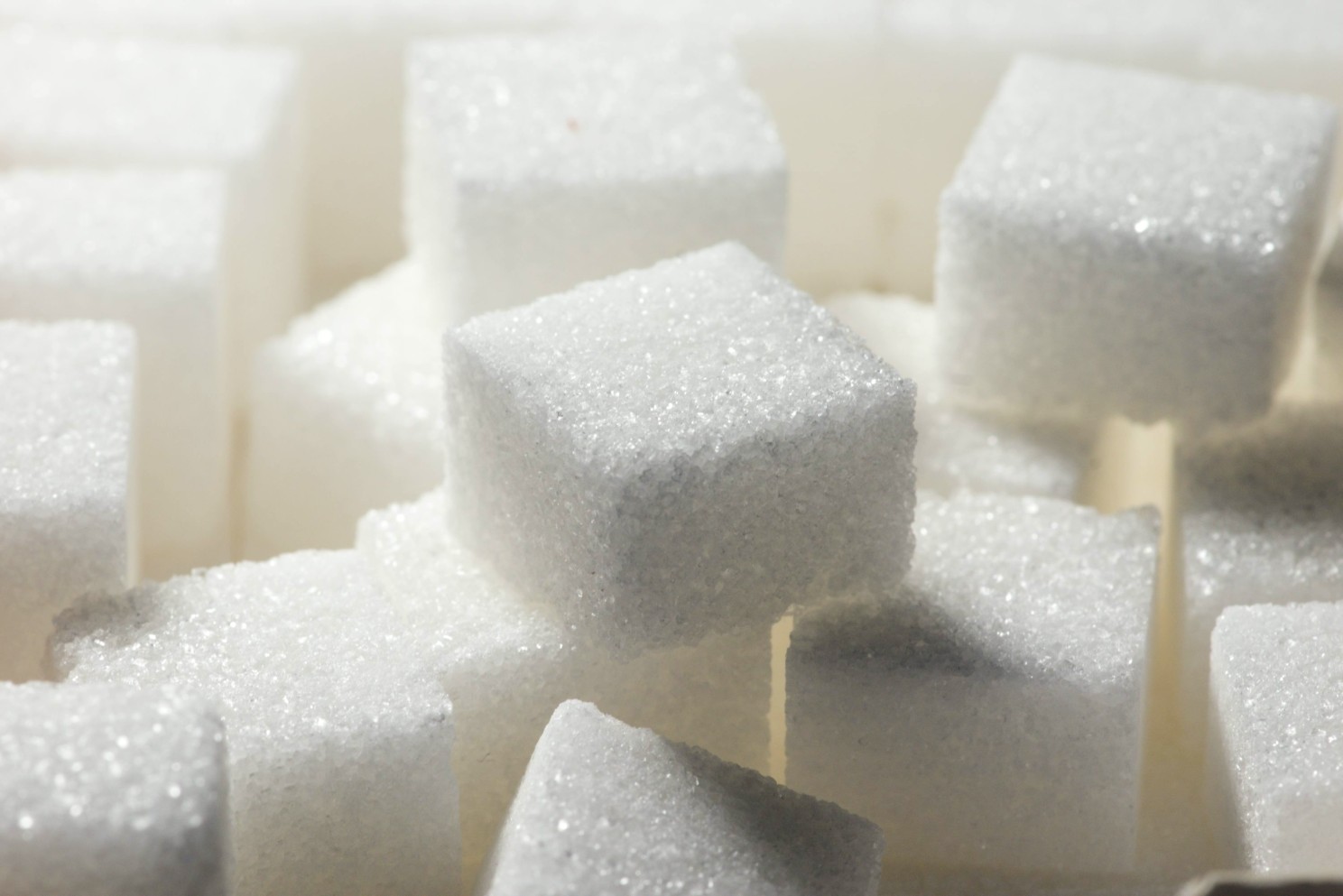
Research on zero sugar drinks centers on substitution. Outcomes change when a zero sugar option replaces a sugar-sweetened beverage — not when it’s added to usual intake.
Randomized trials that assign people to sugar-sweetened beverages, zero sugar alternatives, water, or a mix generally show that replacing sugary drinks leads to modest weight loss or less weight gain over weeks to months.
In children, switching from a daily sugar-sweetened drink to a sugar-free beverage reduced weight gain over a school year. In adolescents, cutting back on sugary drinks and using replacement beverages produced smaller increases in body weight vs. usual habits.
Head-to-head trials comparing zero sugar drinks vs. water during weight-loss programs show similar benefits. Some show a slight edge for zero sugar beverages, others for water — but both outperform keeping sugary drinks.
Low- or no-calorie sweeteners are among the most studied ingredients in the food supply. Safety assessments come from national and international agencies that review toxicology, exposure, and long-term data.
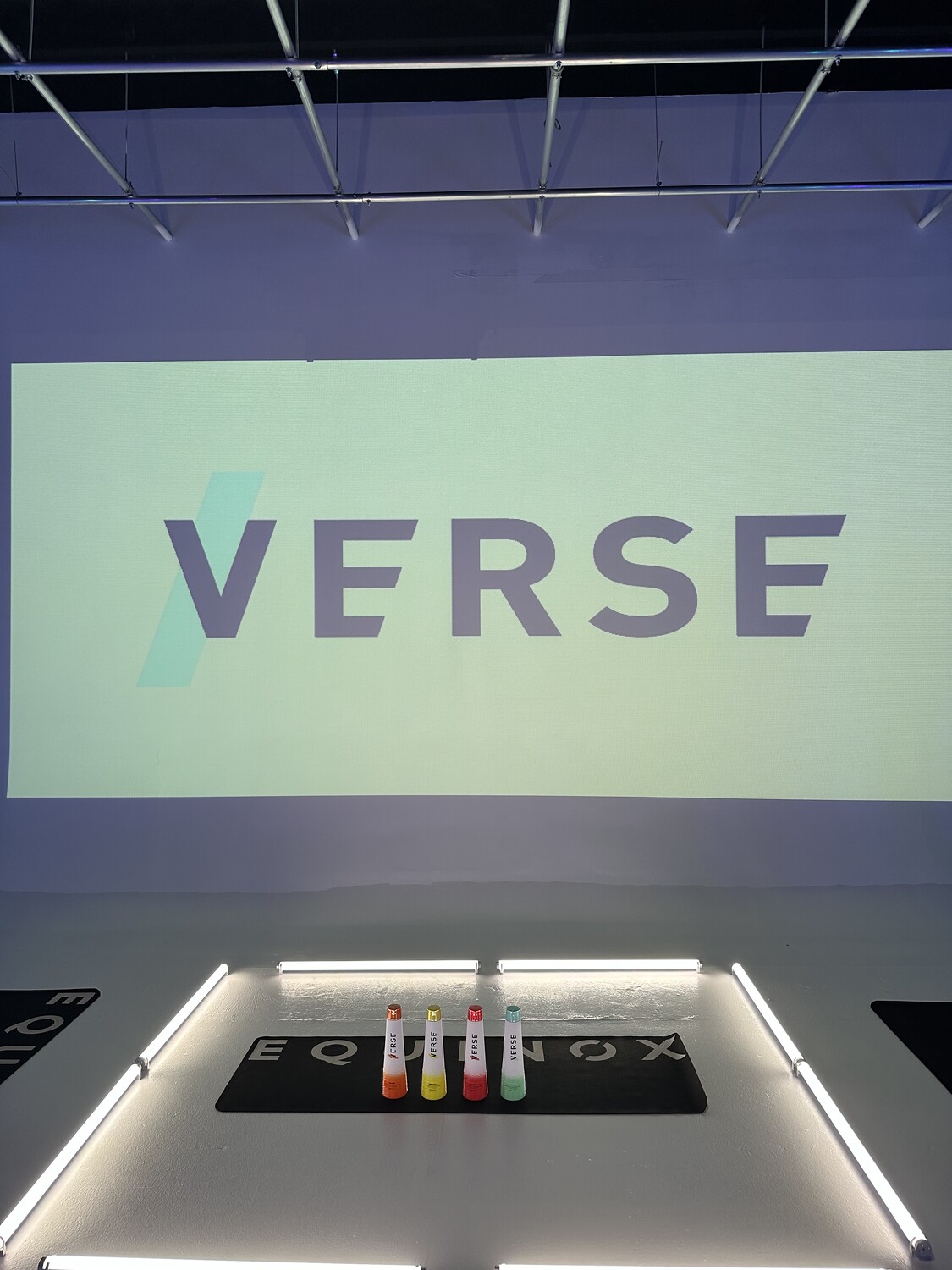
The U.S. FDA authorizes several high-intensity sweeteners for use in foods and beverages:
The European Food Safety Authority independently evaluates these ingredients and sets acceptable daily intakes(amounts that can be consumed daily over a lifetime without appreciable risk, expressed per kg body weight).
In 2023, one international agency classified aspartame as “possibly cancer-causing” — a hazard identification, not a measure of real-world dietary risk. On the same date, other agencies re-evaluated aspartame and maintained existing safety standards, consistent with decades of data.
Zero sugar is a strong start. Functional beverages layer in active ingredients that target hydration, stress response, focus, and energy — explaining how zero sugar drinks can support wellness beyond removing sugar.
This is where Verse stands apart: combining zero sugar with electrolytes, adaptogens, and nootropics to create not just a sweet experience, but one that actively supports clarity and balance.
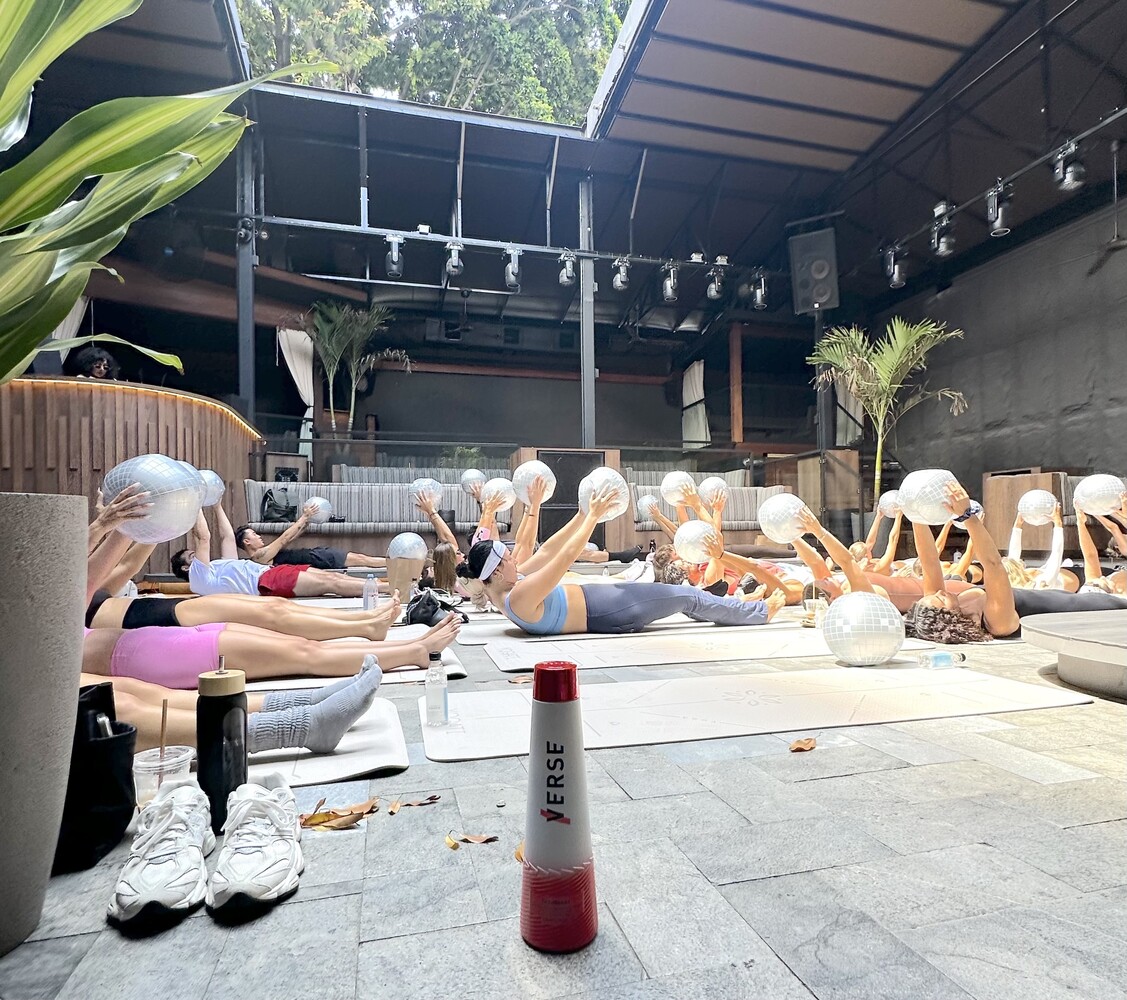
Zero sugar labeling is verified on the Nutrition Facts panel — not the front of pack. Check: serving size, total sugars, added sugars, total carbohydrates, and the ingredient list.
Ingredient order shows relative amount (highest to lowest). Sweeteners, acids, flavors, and functional compounds appear here and reveal how sweetness and performance are built.
Net carbs are often calculated as total carbohydrates minus dietary fiber and minus listed sugar alcohols. Net carbs are not an FDA-defined term, so calculations vary by brand.
Sugar alcohols include erythritol (minimal calories; minimal blood sugar impact), xylitol (low blood sugar impact; toxic to dogs), and maltitol (moderate blood sugar impact relative to other sugar alcohols).
Hidden carb sources can raise blood glucose despite “zero sugar” claims. Maltodextrin has a high glycemic index and can appear in flavors, stabilizers, or sweetener blends.
Color additives and heavy preservative loads can work against wellness goals. Labels may list artificial dyes or caramel color for appearance only. Common preservatives include potassium sorbate, sodium benzoate, and calcium disodium EDTA. Long ingredient lists with multiple emulsifiers, clouding agents, or anti-foaming agents can signal unnecessary complexity.
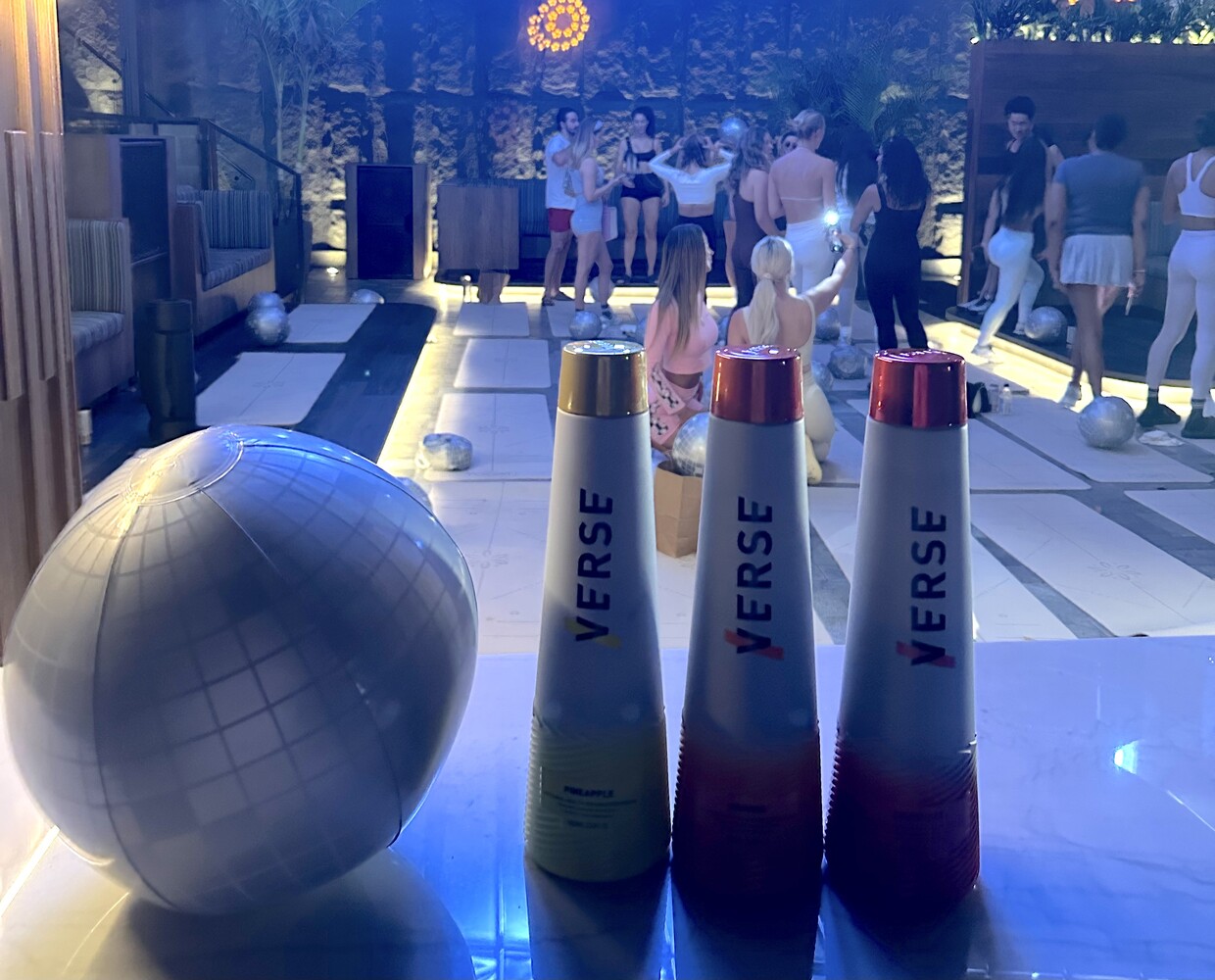
Zero sugar beverages can align with training, work, and social settings — supporting goals without disrupting routine. For many, reaching for a Verse becomes the go-to strategy for hydration and focus without added sugar, whether that’s before a workout, in the middle of the workday, or during an evening out.
Begin hydrating 2–3 hours before activity, with a top-off closer to start time. Typical sports formulations provide ~200–500 mg sodium per 16 oz with smaller amounts of potassium and magnesium. Heat, sweat rate, and duration increase replacement needs. Some individuals experience GI discomfort from high intakes of sugar alcohols, large doses of allulose, concentrated MCT oil, or very carbonated drinks during intense exercise.
Nootropics (e.g., L-theanine, L-tyrosine) are used for calm focus and attention. Adaptogens (e.g., Lion's Mane Mushroom) are studied for stress response, and B-vitamins support energy metabolism. Moderate caffeine paired with L-theanine may reduce perceived jitters for some. Zero sugar formulations like Verse help avoid rapid glucose spikes and dips that distract from work.
Zero sugar bases pair well with fresh citrus, herbs, and unsweetened bitters to build balanced mocktails. Acid (lemon/lime) and aroma (mint/basil) add complexity without sugar. For low-alcohol serves, replacing part of the spirit with a zero sugar mixer lowers alcohol per glass while maintaining flavor. Hydrating, zero sugar mixers with electrolytes can help limit overnight fluid losses and reduce next-day fatigue.
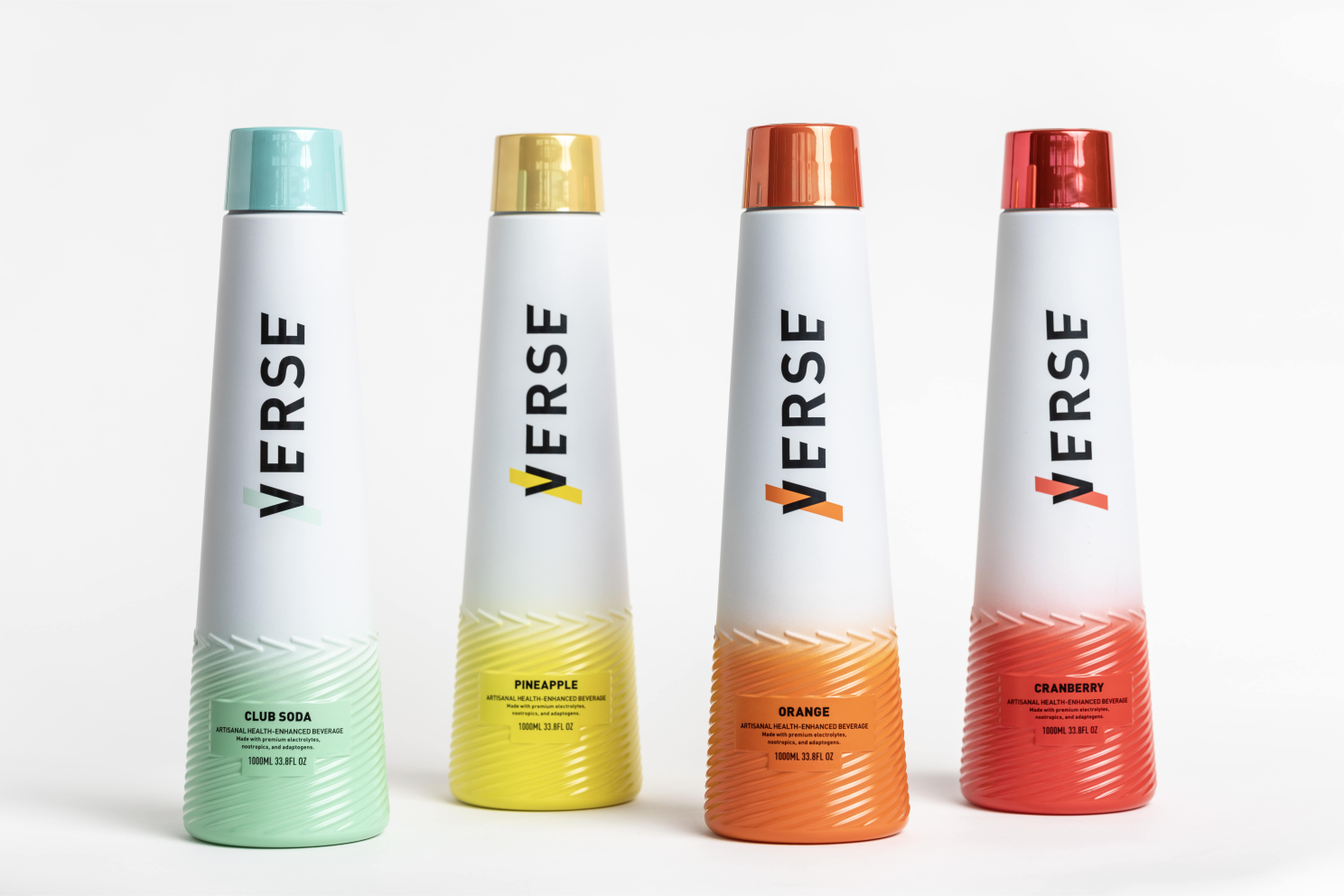
“They cause weight gain.” Controlled trials generally find lower weight or less weight gain when zero sugar drinks replace sugar-sweetened beverages. Effects are similar to replacing with water over weeks to months. Observational links can reflect reverse causation and confounding.
“They spike insulin just like sugar.” Sugar raises blood glucose and triggers a clear insulin response. Non-caloric sweeteners do not add glucose and typically produce minimal insulin changes. Small studies show variable responses in some people, especially when sweeteners are combined with carbohydrate — but responses are lower than sugar.
“They’re just flavored water.” Flavored waters provide taste and carbonation. Functional zero sugar beverages like Verse add electrolytes, vitamins, amino acids, adaptogens, nootropics, or MCTs to target hydration, stress pathways, cognition, or energy metabolism.
Verse combines zero sugar with functional ingredients to support hydration, focus, and calm during social moments. Each bottle is alcohol-free and designed for daily enjoyment in social or performance settings.
Used as a mixer, Verse can help moderate total alcohol per serve while supplying electrolytes and avoiding sugar spikes — supporting overnight hydration and cutting down next-day fatigue drivers linked to sugary mixers.
Find VERSE nearby at trusted bars, restaurants, lounges, and other destinations that offer outstanding hospitality to be the first at the table.
Not Everywhere. Just the Right Places.